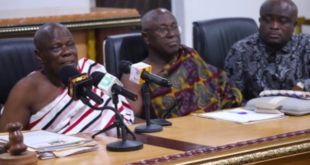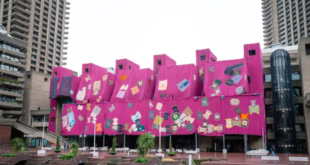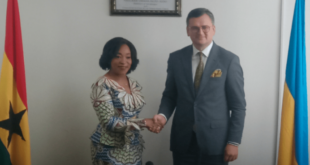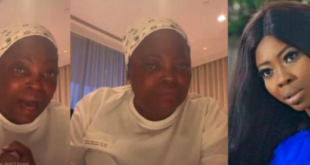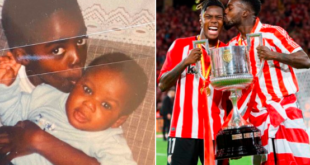A ban on large funerals in South Africa has forced people to give up many traditions, but they have also rediscovered old ones, including “secret burials”, as the BBC’s Pumza Fihlani reports from Johannesburg.
All it took was one funeral and 40 people were infected with coronavirus.
On 21 March, less than a week after President Cyril Ramaphosa had declared a national state of disaster and banned large gatherings to help contain the spread of coronavirus, around 100 people attended a funeral ceremony in Majola village, Eastern Cape.
The village, which lies in the sleepy rural community of AmaMpondomise, is now the epicentre of the virus in the area. The 21 March funeral, along with two others in the city of Port Elizabeth, account for 200 Covid-19 cases in the province – about a quarter of the total.
‘Defying authority’
Under the current provisions, 50 people are allowed to attend a funeral, but the number is too small for some.
Eastern Cape Health Department spokesperson Sizwe Kupelo says some families have been “defying” the authorities, causing a spike in cases.
“We are gravely concerned about funerals in the province,” Mr Kupelo is quoted as saying by News24.
“We have welcomed submissions made by traditional leaders to the national health minister to have all deceased receive the same treatment; that is, to be transported directly from the mortuary to the cemetery.”
But it is very hard to change these deeply engrained traditions and there are reports that large gatherings for funerals continue.
“Funerals, like weddings and initiation celebrations in traditional communities are important rites of passage, they mark the most important moments in a person’s life,” explains cultural expert Professor Somadoda Fikeni.
“Africans have embedded in their social fabric the issue of social support and human solidarity – community and kinship.”
Everyone pays their respects
For most black South Africans, funerals combine traditional African and Christian elements.
When a family is bereaved, people will travel long distances to attend both the funeral and the days of ritual in the run-up. These include repeatedly visiting the family at home to pay respects and to lend a helping hand with the preparations.
Livestock also needs to be slaughtered in order to feed the anticipated guests, the cooking needs to be done, often at close quarters, and in rural areas, the grave needs to be dug, with people sometimes sharing the same pick and shovel.
Those who attend the ceremonies are not necessarily intimately known to the bereaved family. They could be from the local church, the burial society, or simply a passer-by who hears of the tragedy and wants to show their support.
Everyone is welcome.
‘Transmission belt for virus’
On the day of the funeral, hundreds gather for a church service, sitting in close proximity. When the day’s proceedings are done community members form a human chain to deliver the food to the hundreds who have come to commiserate. And the guests eat together, again in close proximity.
“It’s a transmission for belt for the virus,” warns Mr Fikeni.
In a bid to find an alternative and safer way to bury relatives, AmaMpondomise King Zwelozuko Matiwane issued a ban on all funeral services in his kingdom with the aim of re-introducing the ancient practice of ukuqhusheka, or secret burial.
His spokesperson, Nkosi Bhakhanyisela Ranuga, says the decision was made after consulting local traditional leaders.
“We are trying to protect our people in this pandemic.
“When following this custom [of ukuqhusheka] this means people are called on to bury either on the same or the next day and with only those who were present at the time of passing,” he tells the BBC.
Cleansing ceremony
The AmaMpondomise kingdom runs across four towns, Qumbu, Tsolo, Ugie and Maclear, and surrounding villages.
“By returning to this ancient practice this would mean only immediate family members will able to bury a person. After the burial, the family would still be able to hold an intimate customary cleansing ceremony when they return from the burial site,” explains Mr Ranuga.
These ceremonies are done through a ritual offering to cleanse the family of a “dark cloud of death”. They are usually private affairs with only close family present.
Source: bbc.com
 Home Of Ghana News Ghana News, Entertainment And More
Home Of Ghana News Ghana News, Entertainment And More

